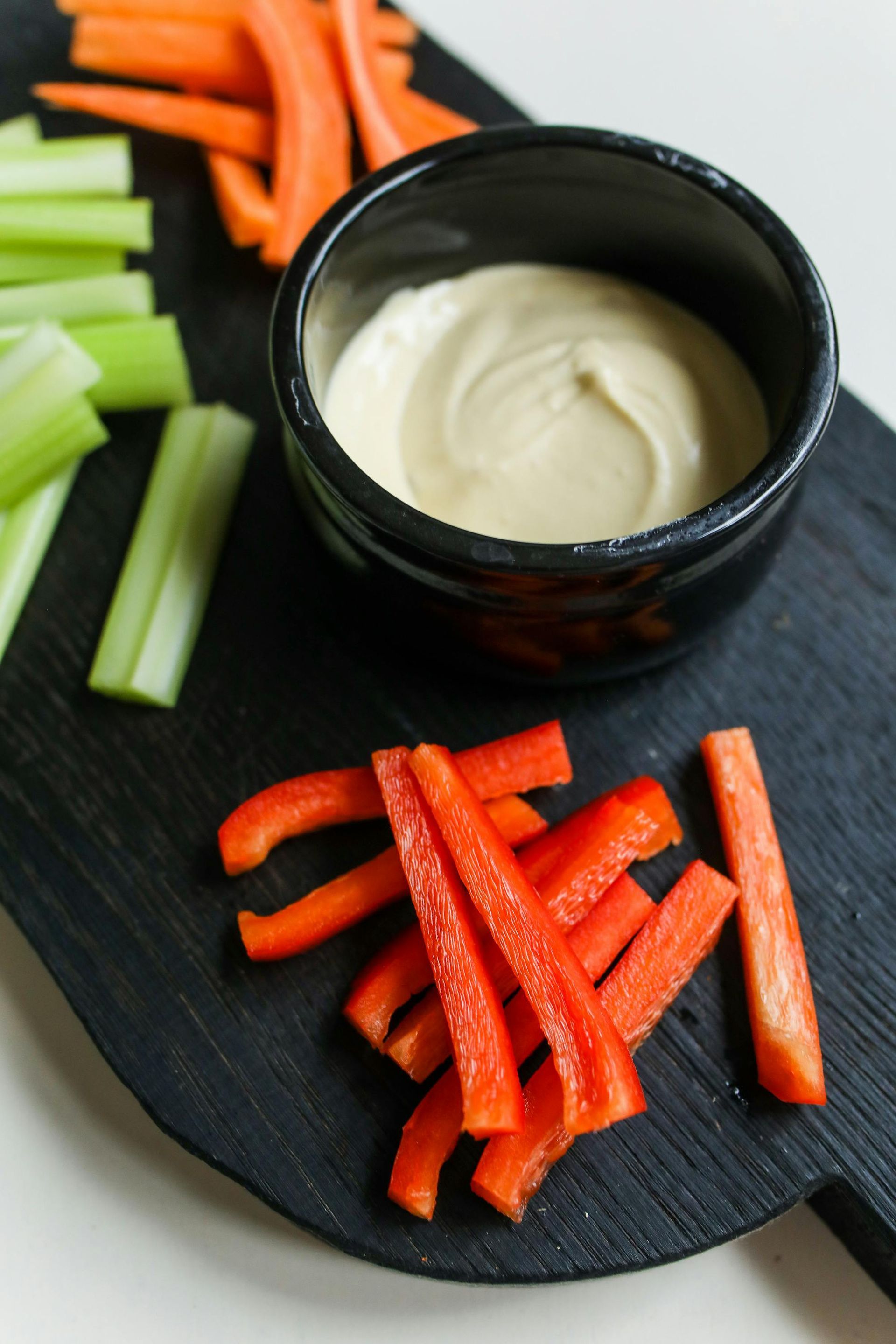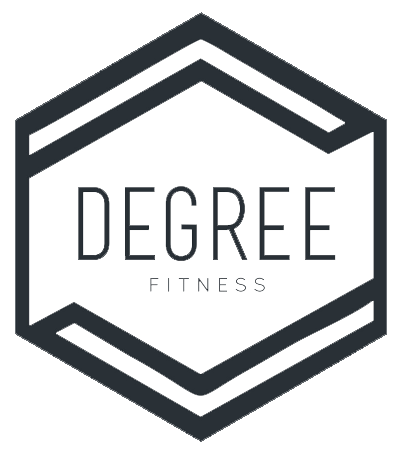How Much Salt Is Too Much?
Written By: Mairead, Registered Dietitian
In the fitness and health world, there's lots of questions about salt and sodium. How much do you really need? Do you need to worry about having too much? Is there a better type of salt? And like many things in fitness and health, the answers are more nuanced than just a basic yes or no.
Sodium is a mineral found is both processed foods and table salt. It plays a few important roles in our bodily functions: helping regulate blood pressure, helping muscles contract and relax properly, and conducting nerve impulses. So we do need salt in our diet every day.
For most normal healthy adults, 1500mg of sodium daily is enough to meet your need so your body can function normally. People who exercise a lot or are very active in the heat may need slightly more than this because they lose more sodium through sweat. Those who workout for an hour a few times a week generally don't need to fuss about taking in more sodium, since most of us are well above this required amount to start with!
When we have too much salt on a consistent basis, this can raise our blood pressure. High blood pressure can increase our risk of a having a cardiovascular event, such as a heart attack or stroke, especially if it's combined with high cholesterol or blood sugars. This is why we're often cautioned against taking in too much salt.
The upper limit we want to stay below for most normal healthy adults of 2300mg of sodium per day.
So how do we take in less sodium? Reducing the salt you add during cooking and at the table is usually a great first step. Restaurant meals and take-out can be very high in sodium, so cooking at home more often can help reduce your sodium intake. For processed foods, check your labels to see if you're taking in more salt than you think - use the percentage of daily intake on the side of the nutrition facts chart. 5% or less is a little, 15% or more is a lot.
Plain old table salt isn't the only kind that contains sodium. Sea salt, kosher salt, pink Himalayan salt, and most other variations of salt do still contain the same amount of sodium - the difference comes in how they are processed. While some salt options do have trace amounts of other minerals, you would have to take in way too much of the salt itself to get enough of the other minerals.
As usual, nutrition advice is nuanced and not a "one size fits all" answer. Most people are taking in more than enough salt to meet their body's regular needs, and there's lots of good reasons why a more moderate intake might be a good idea!
Looking for more personalized nutrition advice? Let's chat! Email mairead@degreefitnessseaforth.com for more info about our Nutrition Programs, or click HERE to book your FREE Bite-Sized Nutrition Chat!



